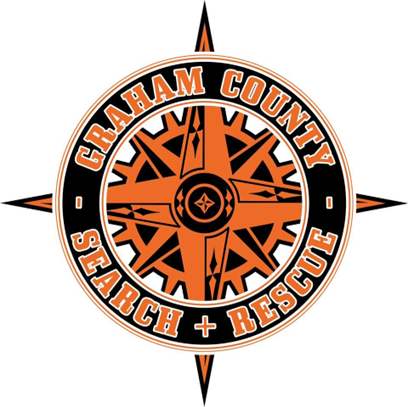Clear and concise communications are crucial to Search and Rescue. A SAR member is expected to be able to properly operate a radio and to know the squad’s reporting procedures.
Radio Operations
- Select Correct Channel:
- Think about what you are going to say:
- Listen Before Transmitting:
- Always listen to ensure the frequency is clear before you start talking.
- Identify Yourself:
- Begin your transmission by identifying yourself and your call sign if you have one.
- “This is” your call sign “to” receiver call sign.
- Keep It Short and Clear:
- Use short, clear, and concise language. Avoid using slang or unnecessary words.
- Speak Slowly and Clearly:
- Speak at a moderate pace and enunciate your words to avoid misunderstandings.
- Acknowledge Communications:
- Confirm receipt of messages with an acknowledgment (e.g., “Copy that,” “Roger,” “Affirmative”).
- Use Plain Language:
- The Federal Government has mandated in all ICS situations that plain language is used.
- Employ standard radio phrases:
- “Over” – end of message
- “Out” – end of communication
- “Stand by” – wait for further instructions
- Respect Protocol and Privacy:
- Always follow the established protocols
- Respect the privacy of communications
- Use the phrase “clear for traffic” to indicate the need to talk sensitive and/or confidential information.
- Respond with “Go ahead with traffic.” Indicating that it is safe to convey the information.
- Or respond “Negative, standby.” Indicating that it is not safe to convey the information.
- Use the phrase “Request coordinator support at my location” for extreme events.
